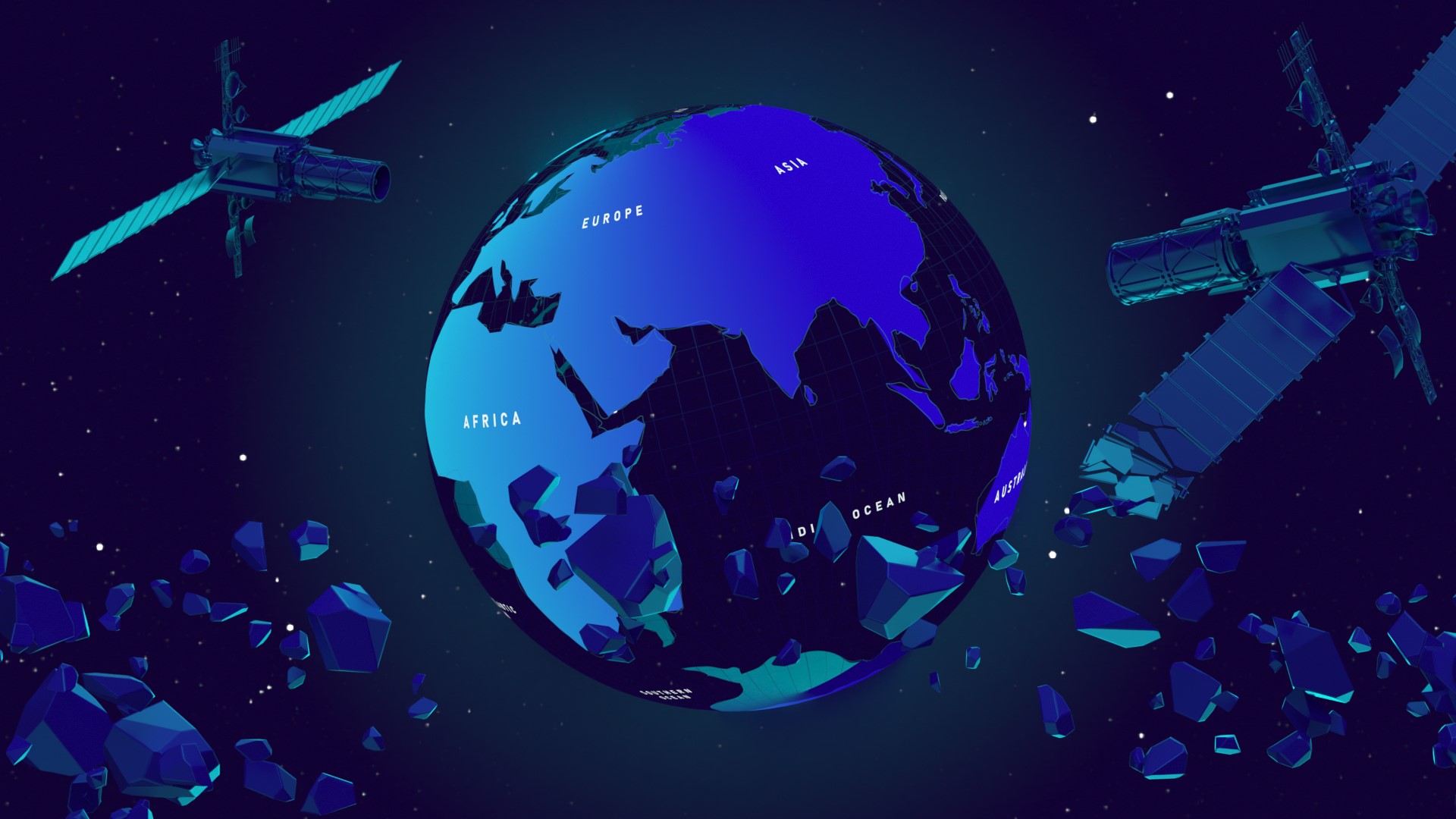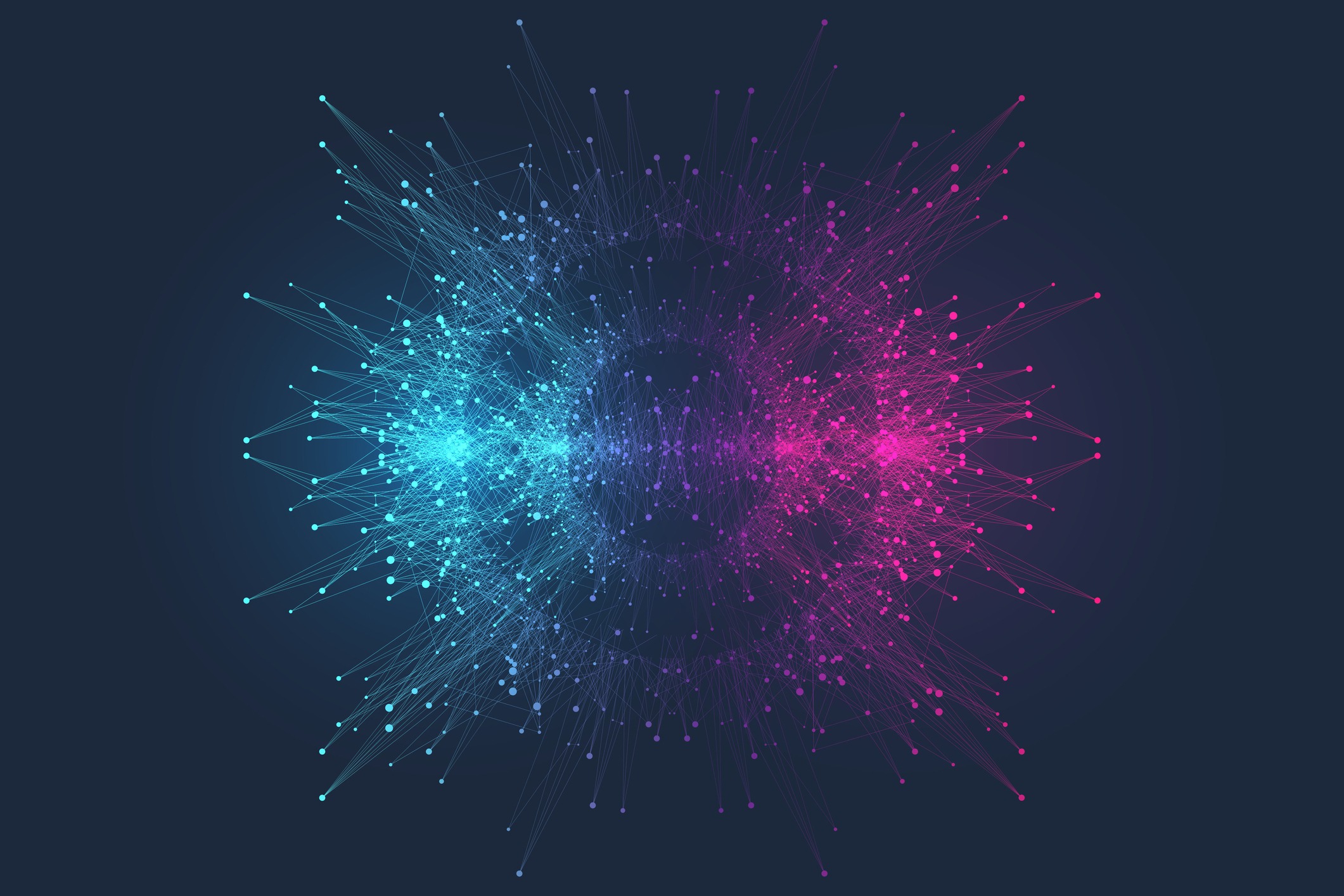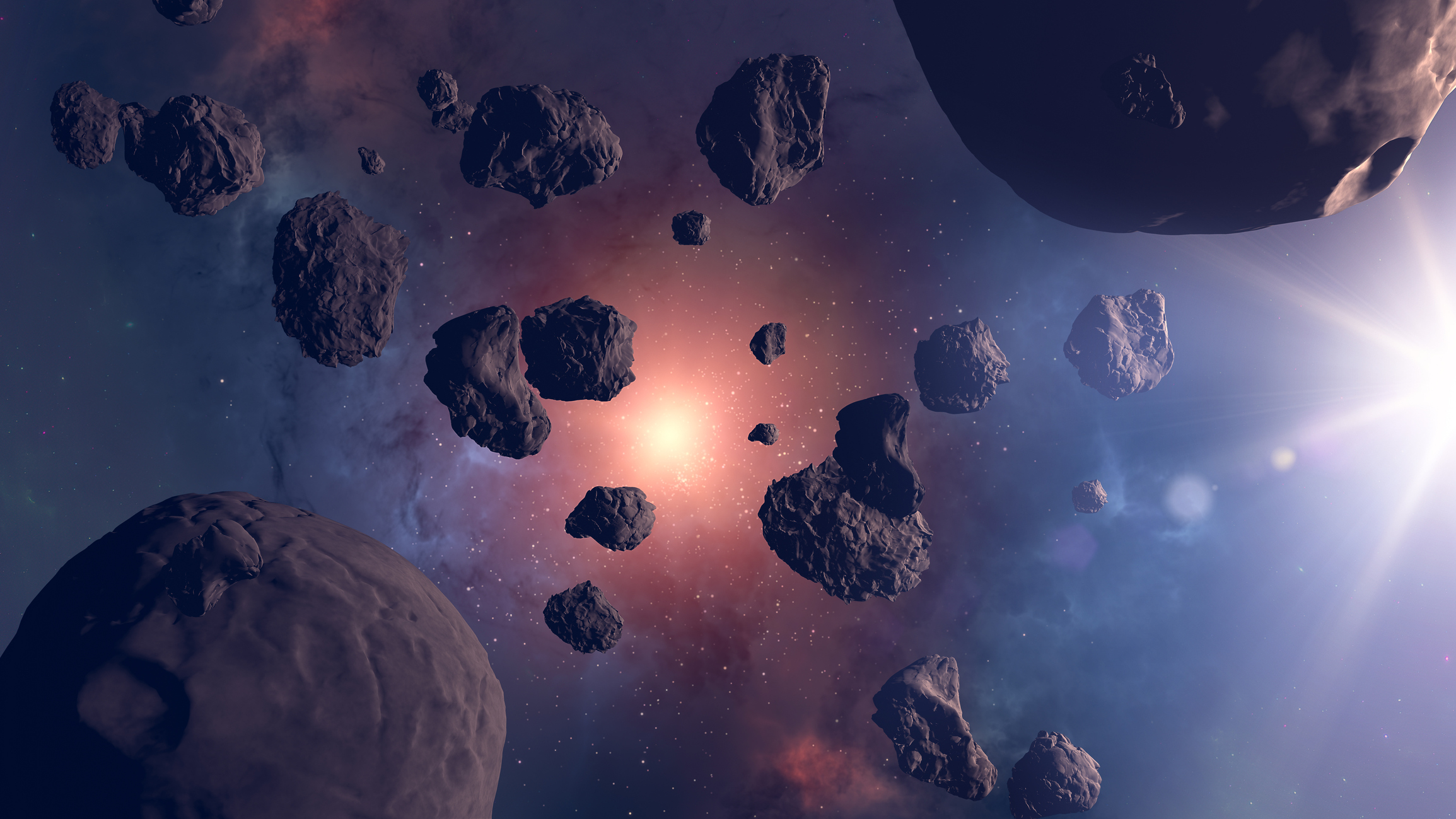What on Earth is a Quantum Computer?
Classical computers are brilliant. Let’s just be clear about that. They aren’t going anywhere. The computers we use everyday are capable of wondrous things, and solve a wide range of problems. There are also many limitations to classical computers, in particular when it comes to the efficiency of number-crunching.
The eminent physicist Richard Feynman calculated classical computers were not scalable for simulating natural phenomena, such as accurately and quickly predicting climate change and weather patterns, or discovering new elements, alloys, and medicines. They needed to build a quantum computer.
“Nature isn’t classical, dammit, and if you want to make a simulation of nature, you’d better make it quantum mechanical, and by golly it’s a wonderful problem, because it doesn’t look so easy.” – Richard Feynman, 1981
How does it work?
What does simulating nature actually entail? Why can’t a classical computer do this sufficiently?
Classical computers, including smartphones and laptops, encode information in binary bits. A ‘bit’ is a variable with only one of two values (1 or 0, on or off, true or false), and is the most basic unit of information in computing. All other information classical computers store and generate is composed of multiple combinations of bits.

A quantum computer is composed of quantum bits – qubits. A qubit has a more non-binary function when compared with a classical bit. Unmeasured qubits exist in a state of uncertainty, they can be thought of as both 1 and 0, and remain in this state until measured. A qubit’s ability to do this takes advantage of a principle of quantum mechanics called superposition.
Imagine flipping a coin. It could be heads, it could be tails, but until you can ‘measure’ (i.e. observe) the result it exists in an unknown state. Superposition can be likened to a coin mid-flip. This paradox is often illustrated by the hypothetical scenario of Schrodinger’s Cat, which can be thought of to be both dead and alive until observed.
Due to a qubit’s capacity to be both 1 and 0, a quantum computer’s number-crunching ability increases exponentially every time another qubit is added. It would take 4 individual classical bits to represent the same number of values as 2 qubits because of this superposition feature. Superposition allows for the possibility to view a quantum state from many angles, and ask different questions.
Every time you add another qubit, the amount of information the quantum computer is able to process doubles, increasing (exponentially so) the potential for accuracy in the calculation of probability and the simulation of nature. This is expressed mathematically as 2n, with ‘n’ representing the number of qubits. If you had 100 qubits in your quantum computer, it would be 2100, which is an unfathomably large number.
The Quantum Realm
It gets even weirder. Quantum particles, states, and systems can be entangled with other quantum particles, states, and systems, even if billions of light years apart. These particles communicate with one another through quantum entanglement. Confused yet? Welcome to the party!
In the 20th Century physicists realised the quantum world (i.e. the world on an atomic and subatomic level) behaves differently to the macroscopic world (i.e. the world we can experience with our senses). The rules are different. So different in fact, the rules of the quantum world allow for events and connections which the rules of classical physics determine as impossible.
The laws of classical physics make no sense on a quantum level. The scientific community was absolutely, catatonically baffled. This led to the development of a new paradigm, a new understanding of the universe. Or rather a collective agreement on the collective lack of understanding of the universe!
This new paradigm posits quantum mechanics as the basis for physics, which is the basis for chemistry, which is the basis for biology. What happens, therefore, on a quantum level is inextricably linked with everything else that happens in the universe.

Why does this matter?
Properties like entanglement allow quantum computers to solve certain problems faster than classical computers. The science is tricky, to say the least, but all you need to know is: taken together, quantum superposition and entanglement yield an immensely improved computational capability.
The quantum computers available today are industrial, noisy prototypes, but the field is moving fast. Quantum processors are available with a few hundred qubits, which could, in principle, represent quantum states impossible to encode with any classical device, and in doing so simulate nature. By manipulating the information stored in these qubits, scientists can rapidly generate high-quality solutions to complex problems.
Quantum computers do also present problems for society. We’re gearing up for a quantum future where our classical factorial encryption system will take mere seconds to decode. With the problems new solutions will arise – in this instance quantum encryption.
A Quantum Future?
The impact quantum computing will have on society and the economy is mind-blowing! From predicting trends and crashes in financial markets to bullseye forecasting of the weather, quantum computing will fundamentally change and improve critical aspects of our lives.
We’re on the precipice of a second Industrial Revolution, and quantum computers are central to this progress. We’ll discover new alloys and medical drugs, revolutionising production, construction, and healthcare. With the increased computational power, scientists might even unlock the secrets of the universe!
Our clients rely on us to visualise solutions for complex problems, and create bespoke experiences which allow wider audiences to grasp key details about intricate systems and infrastructure. We were commissioned by Fujitsu earlier this year to produce a series of interactive experiences for marketing their quantum and AI solutions at London Tech Week. The applications of quantum computing and artificial intelligence are astounding, providing solutions to socio-economic issues as well as existential threats.




